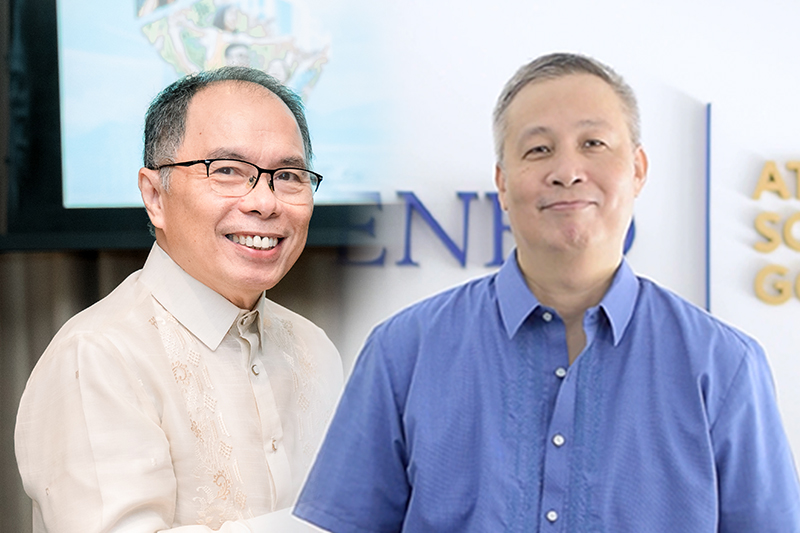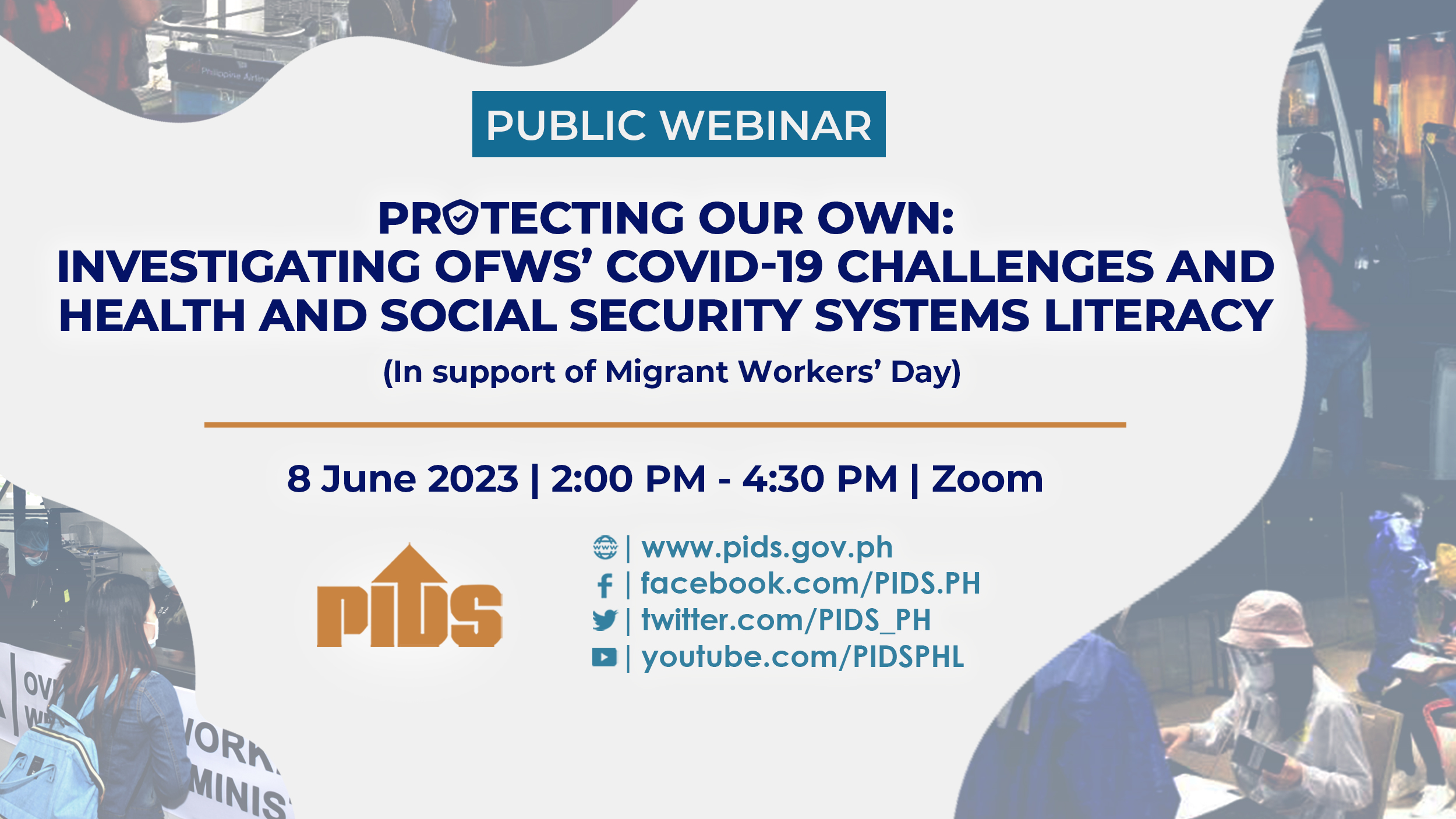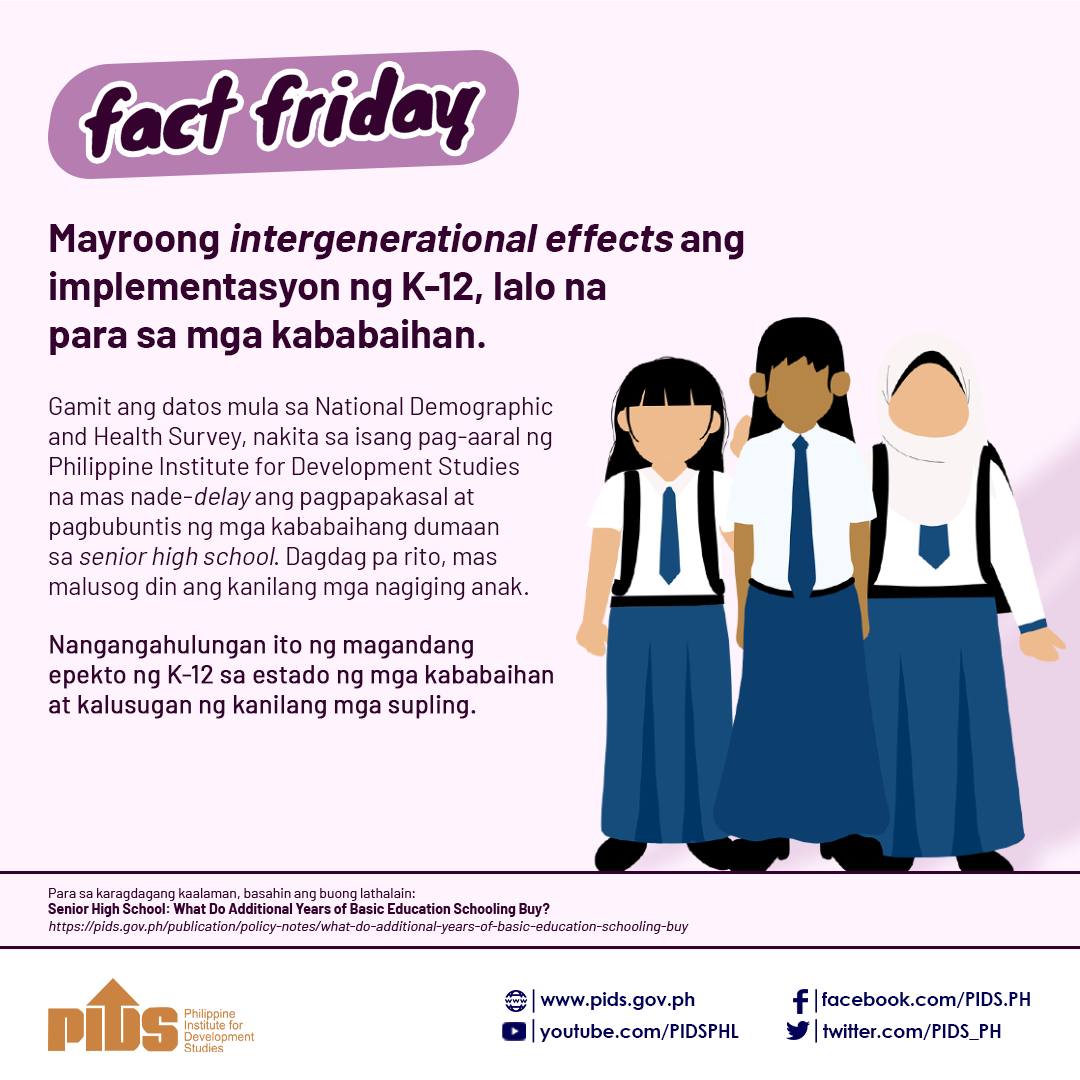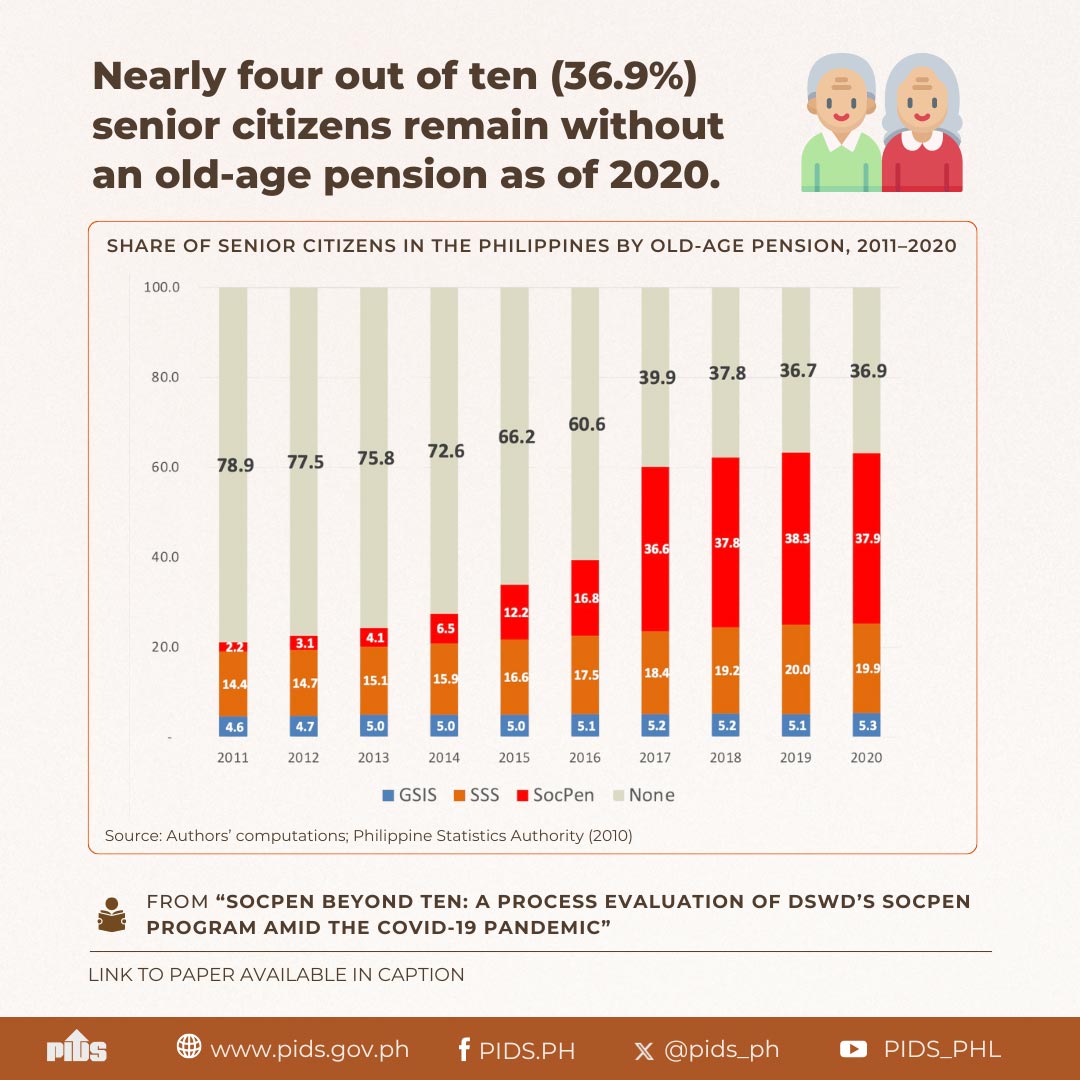MANILA, Philippines - The government should include financial literacy in school curricula as part of efforts to achieve its financial inclusion goal.
Gilberto Llanto, president of the Philippine Institute for Development Studies, said financial literacy plays a critical role in pushing for financial inclusion or the delivery of financial services especially to the poor.
In his paper published as part of the Asian Development Bank Institute Working Paper Series, Llanto said the Bangko Sentral ng Pilipinas, the National Credit Council and the Insurance Commission should engage students in financial education forums in cooperation with school systems.
"Financial education should be incorporated into school curricula. Related to this is the importance of establishing a program of financial education for SMEs (small and medium enterprises),” Llanto said.
Llanto said financial literacy is important for small firms as supporting them would also help the government achieve inclusive growth.
The BSP has an existing Economic and Financial Learning Program meant to educate the public on financial matters and a Credit Surety Fund program which helps micro, small and medium enterprises acquire loans without collaterals.
The NCC and the Insurance Commission, meanwhile have financial literacy trainings and seminars in collaboration with the National Anti-Poverty Commission.
However, Llanto said a major issue with these programs was the lack of a wider audience.
"It will be useful to harness the school system and civil society for a more comprehensive coverage of financial education,” Llanto said.
At the same time, Llanto said banks should have a regular report on SME access to formal loans to increase the level of credits extended to the sector.
He further said there should be a more improved enforcement of consumer protection and that this should be also be promoted through financial literacy.
"The Philippine experience with microfinance shows the essential role played by a conducive policy and regulatory framework in motivating price financial services providers in making innovative financial products and services accessible to the poor,” Llanto said.
The Philippines last year was recognized by the Economist Intelligence Unit as the top country in Asia and the third in the world in terms of financial inclusion.
The survey evaluated governments in 55 countries with regard to their support for financial inclusion, the regulatory environment affecting such, prudential regulations, supervision of credit portfolios, and deposit-taking activities.
Other factors considered by the EIU in the report included the rules on branching and agent operations, measures for non-regulated lenders, electronic payments, credit-reporting systems, market conduct rules, and how complaints of financial consumers are addressed.//
Think tank pushes financial literacy in school curricula












